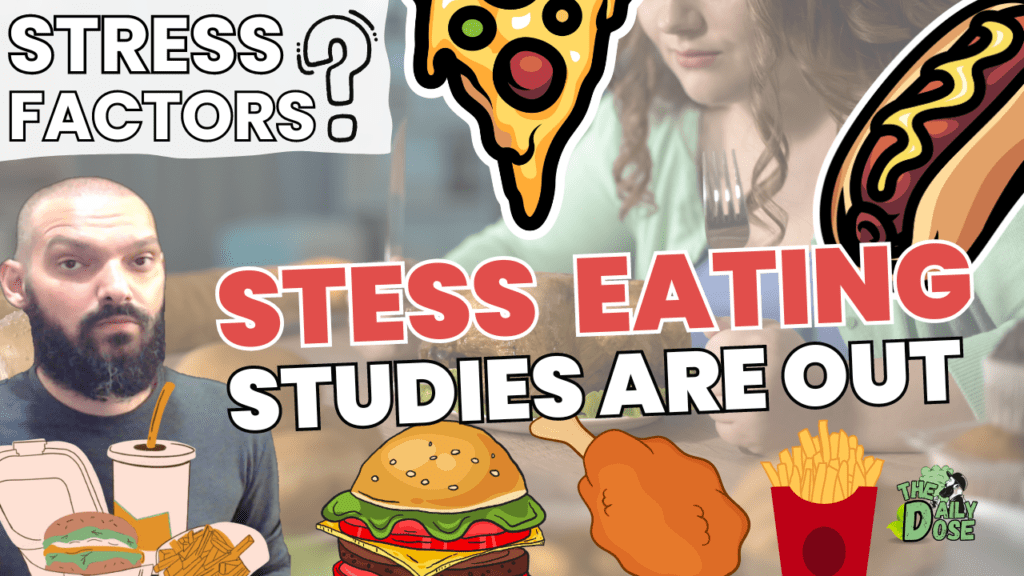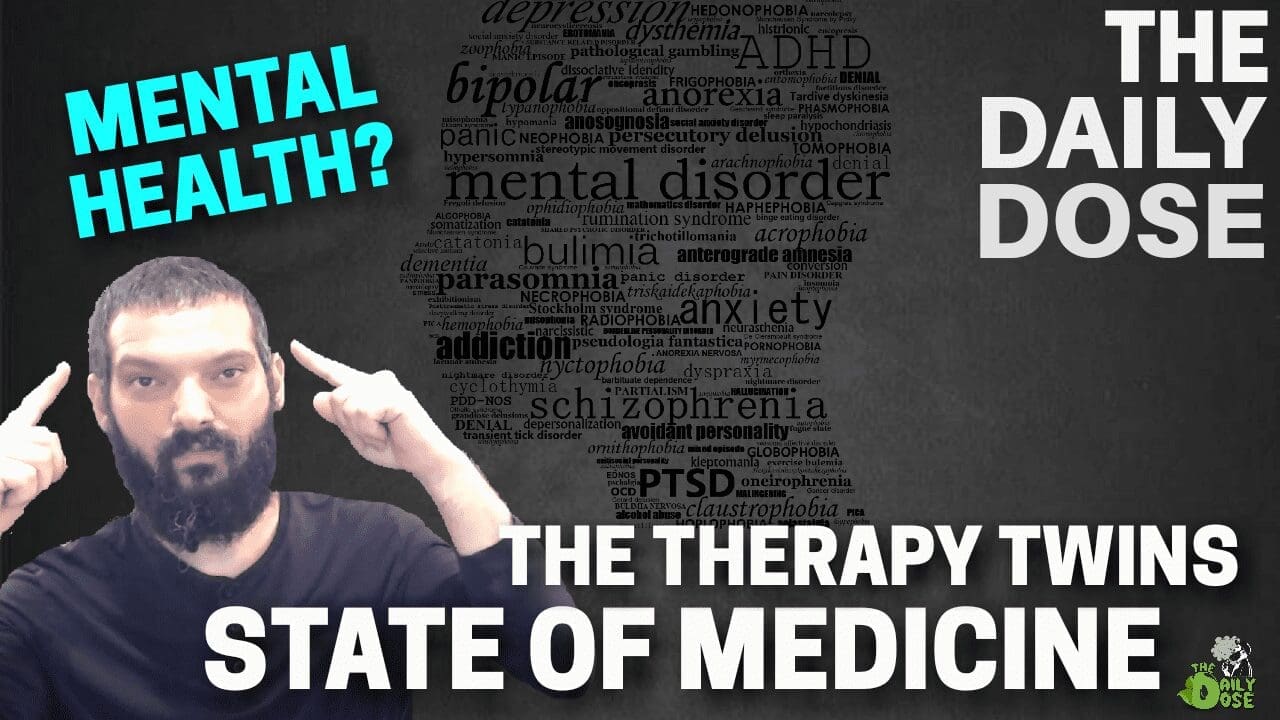Stress Eating For Comfort: What To Know
- Studies show that people tend to eat fatty comfort foods when they are stressed.
- However, a new study has found that these foods may make the effects of stress worse.
- People who ate fatty meals had greater signs of endothelial dysfunction.
- Endothelial dysfunction can increase the risk of problems like cardiovascular disease.
- Experts say plant foods have compounds that may help reduce endothelial dysfunction.
In My Own Words
We are all guilty of this one pleasure, when we are stressed we reach for something that helps us feel better. When we are depressed we reach for sweets, it’s all to common of many of us who dose ourselves with food and think nothing of it.
However it’s only now in recent studies we are seeing that stress eating, particularly comfort foods high in fat actually can lead to more stress. Surprising to hear but when we consider the foods we reach for when seeking comfort it reveals so much to us when we stop and think about it.
These recent studies are showing us exactly how are bodies react to these foods especially when we are stressed.
1. Introduction:
In times of stress, our dietary choices can play a significant role in our overall health. A recent study from the University of Birmingham sheds light on the interplay between stress, high-fat diets, and endothelial function. This comprehensive guide delves into the intricacies of this relationship, backed by factual data and insights.
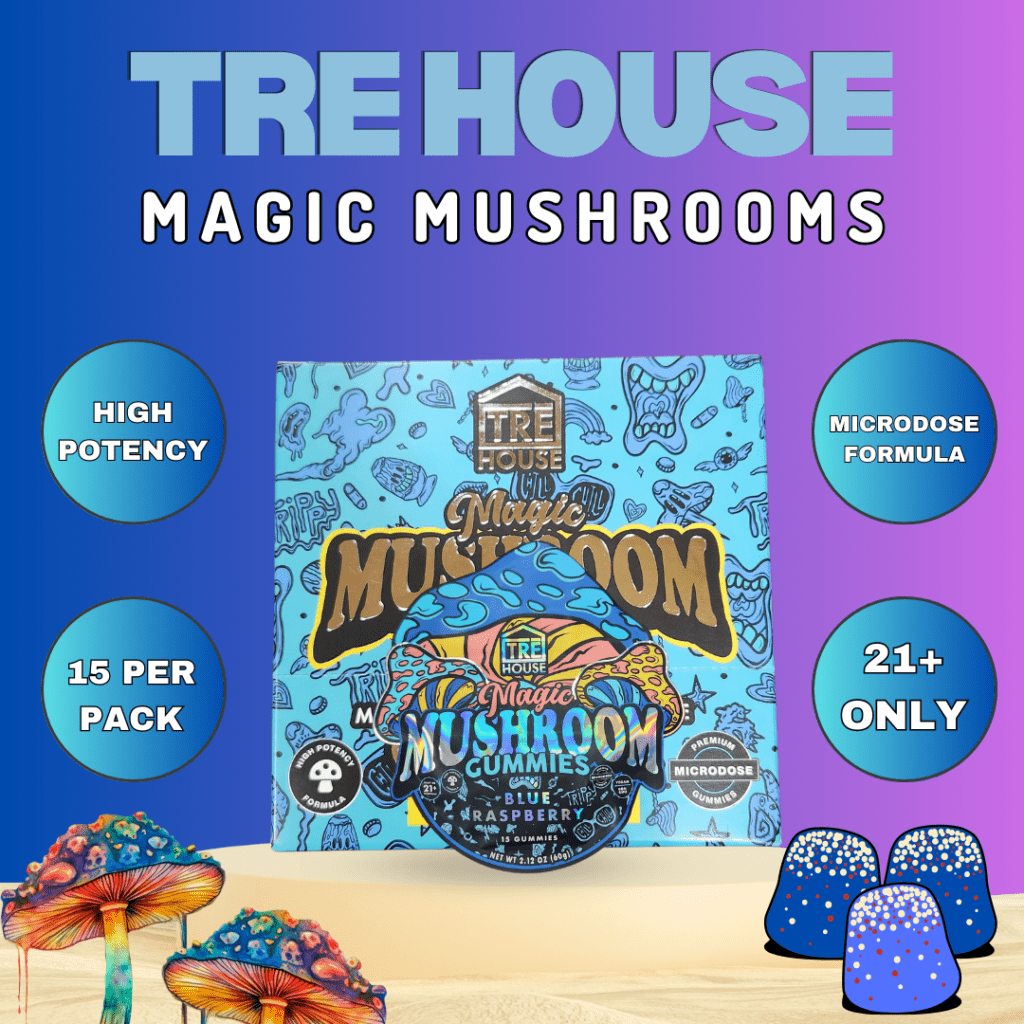
2. The Impact of High-Fat Diets on Endothelial Function
Understanding the Endothelium
The endothelium, a crucial single layer of cells lining blood vessels, plays a pivotal role in blood vessel constriction, relaxation, and the movement of fluids and molecules to body tissues. Proper endothelial function is paramount for cardiovascular health, and any dysfunction can increase the risk of conditions like cardiovascular disease, clogged arteries, and high blood pressure.
The Vicious Cycle: Stress and High-Fat Foods
Stress is known to cause a temporary decline in endothelial function, lasting up to 90 minutes in healthy, young adults. The study underlines that individuals tend to overeat fatty foods during stress, exacerbating the negative effects on blood vessels, particularly endothelial dysfunction.
The Research Study: Unveiling the Connection
A study involving 21 healthy volunteers explored the impact of a high-fat meal on vascular function during a stress test. Participants consuming a high-fat breakfast experienced a 1.74% reduction in vascular function, compared to a 1.18% reduction with a low-fat meal. Even a 1% reduction in function, as per previous studies, correlates with a 13% rise in cardiovascular disease risk.
Effects on Blood Flow and Oxygenation
The study revealed that the decline in vascular function persisted for up to 90 minutes post-stress in those who consumed the high-fat meal. Additionally, the pre-frontal cortex, responsible for higher-level cognitive processes, experienced a 39% reduction in oxygenated hemoglobin in individuals who had eaten the high-fat meal.
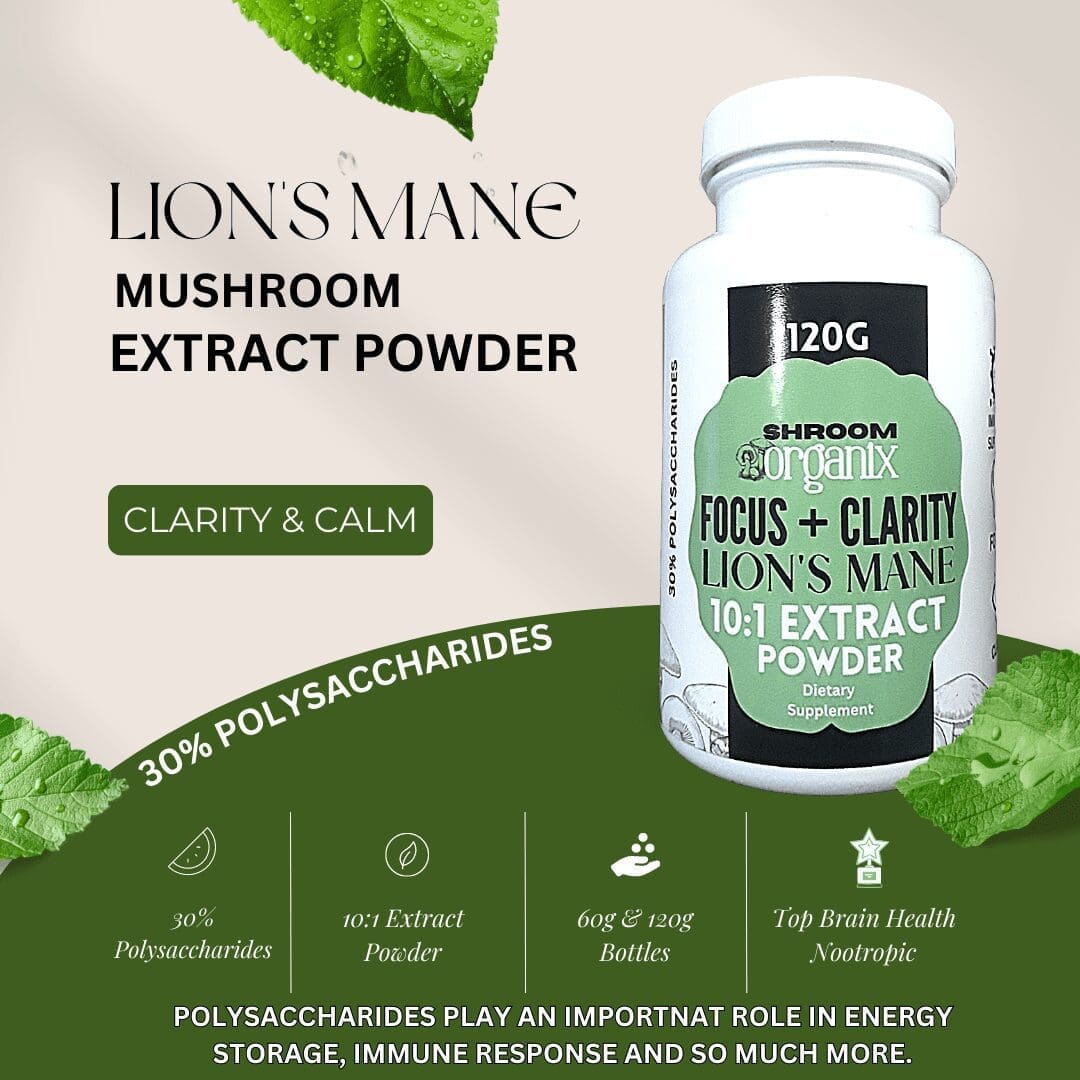
3. The Prolonged Effects: Post-Stress Recovery
Duration of Vascular Function Decline
Understanding that the impact on vascular function persists beyond the stress event is crucial. The study emphasizes that even after the stress-inducing math test concluded, the negative effects lingered for an extended period, underscoring the importance of post-stress recovery.
Oxygenation in the Pre-Frontal Cortex
The study’s findings also shed light on the correlation between high-fat meals and reduced oxygenation in the pre-frontal cortex. A key region for cognitive processes, the cortex’s impaired oxygenation highlights the broader neurological implications of stress-induced high-fat consumption.
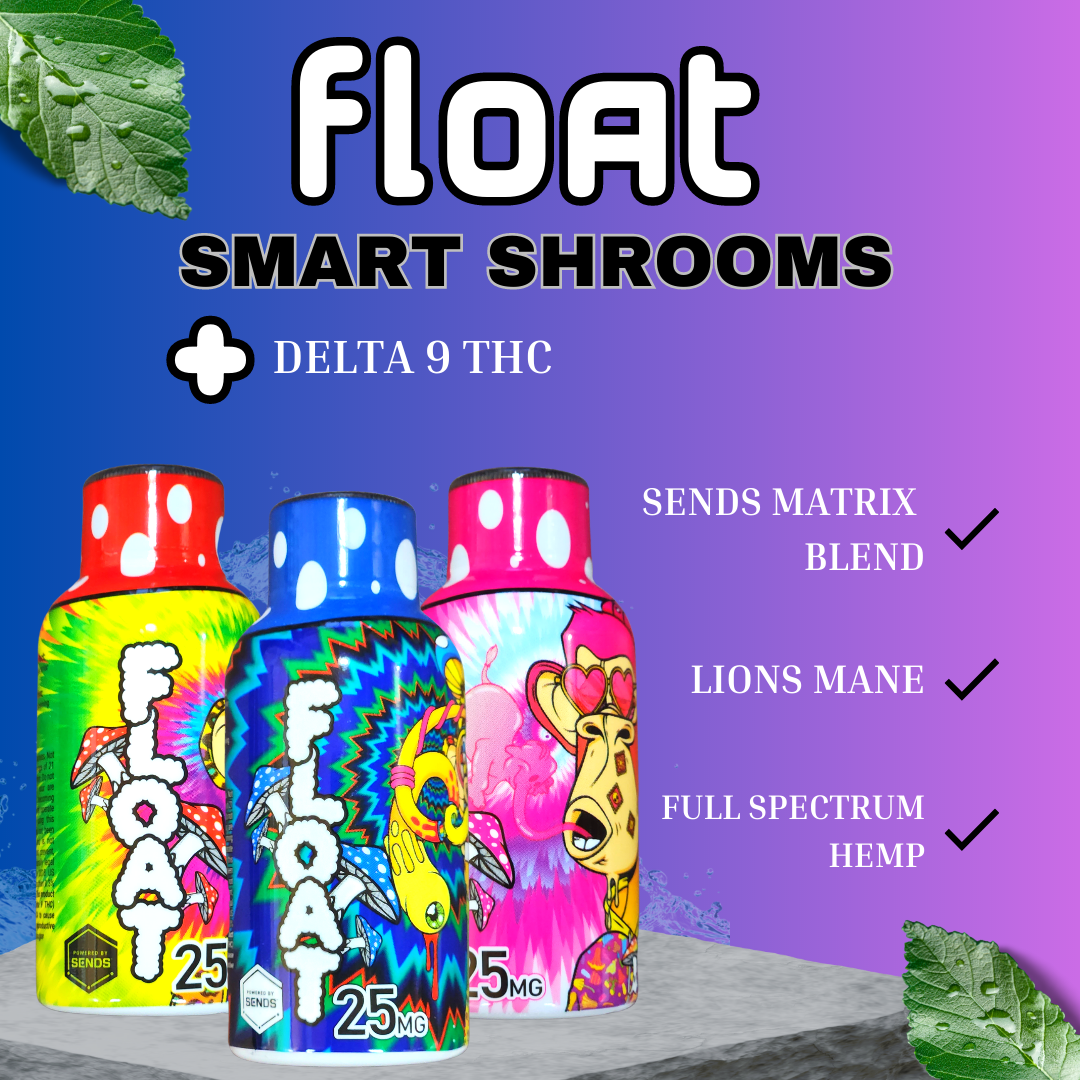
4. Mechanisms Behind the Connection
Triglycerides and C-Reactive Protein
Delving into the potential mechanisms, experts suggest that increased triglycerides and C-reactive protein post-fat consumption might contribute to endothelial dysfunction. These factors could lead to direct injuries to the vascular wall or indirectly elevate oxidative stress, impacting endothelial function.
Potential Direct and Indirect Injuries
The study prompts further investigation into the direct and indirect injuries caused by high-fat diets during stress. Understanding how fat consumption hinders post-stress recovery is crucial for developing targeted interventions to mitigate the negative effects on vascular health.
Elevating Oxidative Stress
The role of increased triglycerides and C-reactive protein in stimulating vasoconstrictor and inflammatory markers, reducing endothelium-derived nitric oxide, is a potential pathway for elevated oxidative stress. Future research should scrutinize these mechanisms to unveil the intricate connections.
Scrutinizing Mechanisms for Future Research
Experts emphasize the need for in-depth research to scrutinize the underlying mechanisms. Assessing the impact of fat on vascular responses during stress will contribute to a comprehensive understanding, potentially paving the way for more effective interventions.
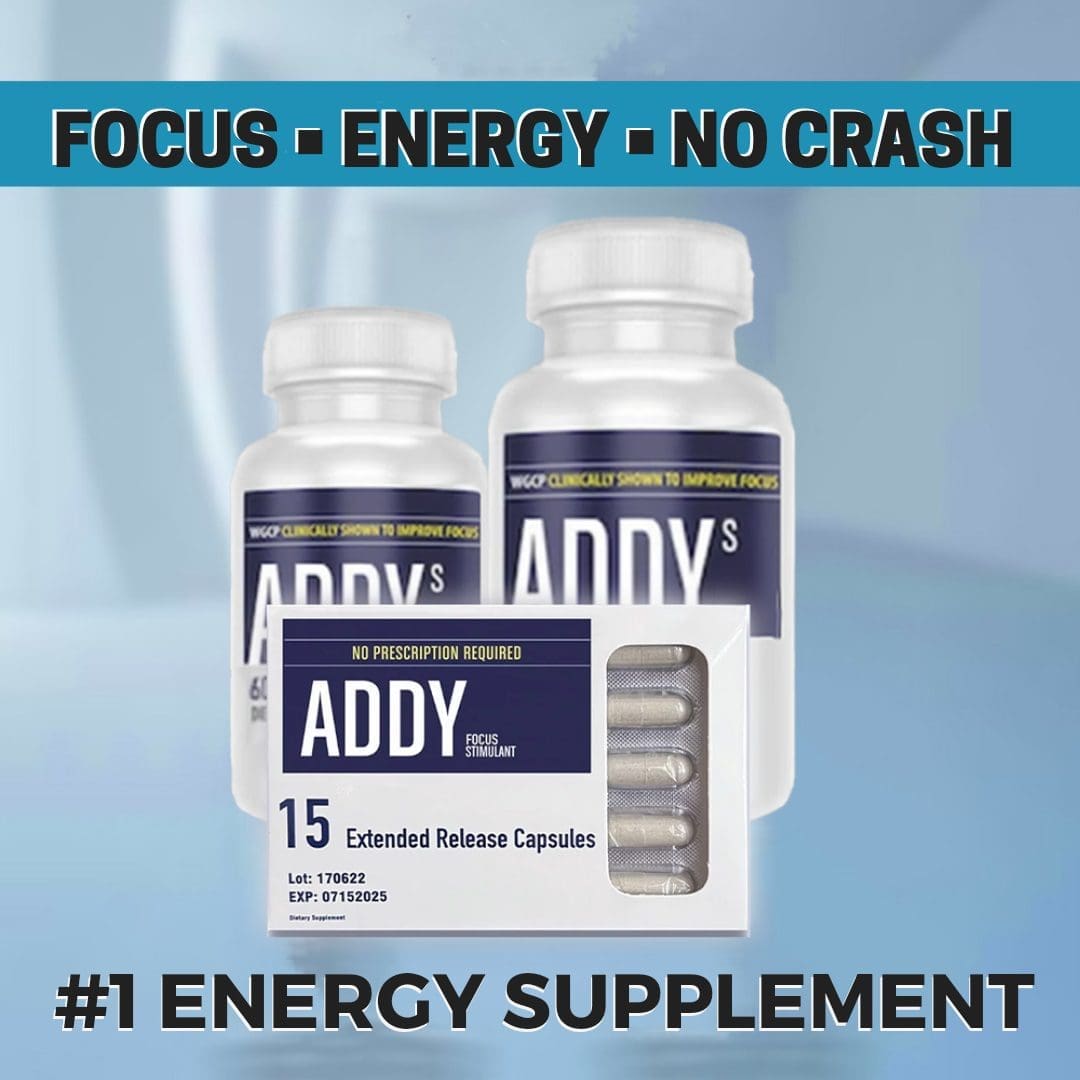
5. Stress-Driven Cravings: Why We Reach for Fatty Foods
The Role of Cortisol in Food Choices
Stress triggers the release of cortisol, often referred to as the ‘stress hormone.’ High cortisol levels are linked to an increased appetite for calorie-dense foods, including fatty foods, refined grains, and processed foods with added sugar.
Evolutionary Roots and Modern Consequences
While stress-induced cravings for high-energy foods might have been advantageous for our ancestors in survival situations, this response is less beneficial in the context of modern mental and emotional stress. The evolutionary roots of stress-driven eating shed light on the challenges faced in contemporary lifestyles.
Impact on Abdominal Obesity and Metabolic Syndrome
Both high cortisol levels and unhealthy food choices contribute to an increase in abdominal obesity, a component of metabolic syndrome. Metabolic syndrome is a cluster of conditions associated with a higher risk of cardiovascular disease and diabetes, highlighting the broader health implications of stress-driven dietary preferences.
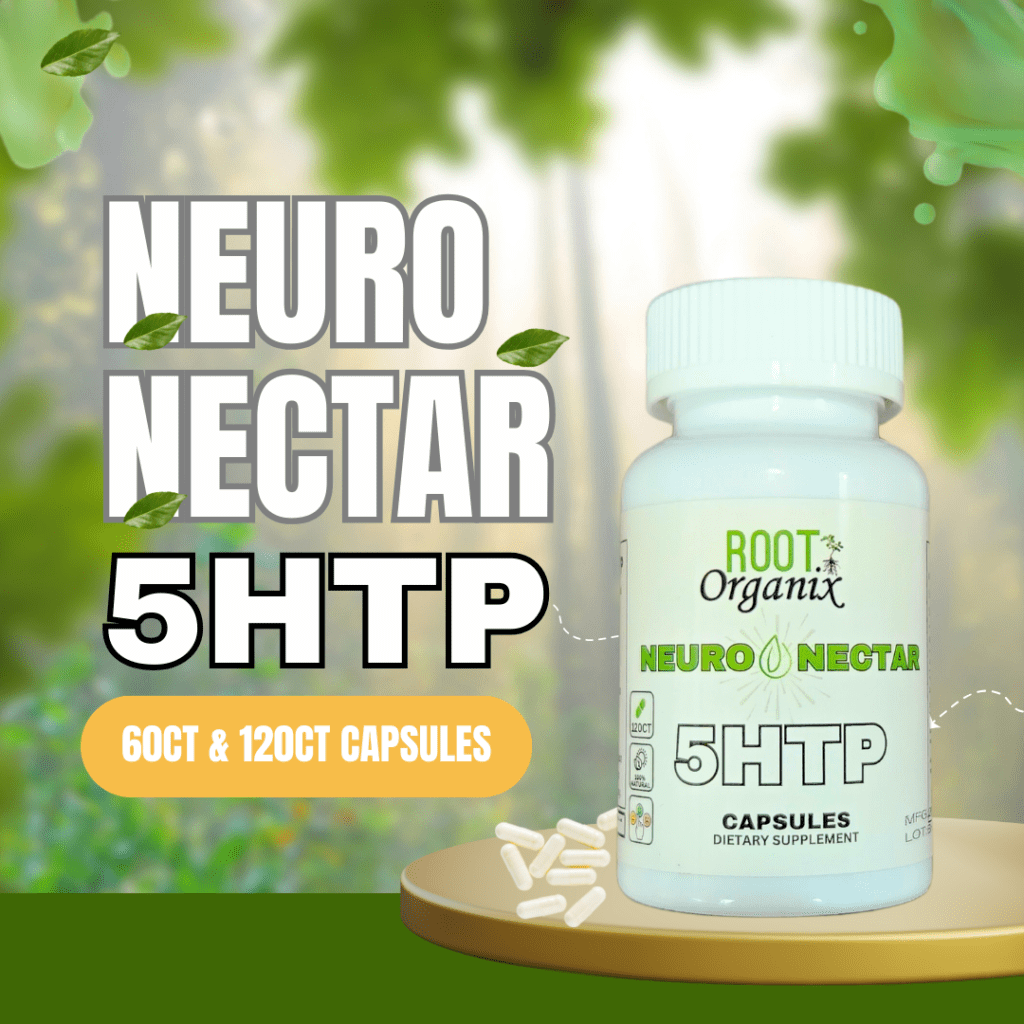
6. Choosing Wisely: Foods that Combat Endothelial Dysfunction
Plant-Based Power: Fruits, Vegetables, Whole Grains, and Legumes
Acknowledging the detrimental effects of high-fat diets, it becomes crucial to make informed dietary choices. Plant-based foods rich in bioactive compounds, such as fruits, vegetables, whole grains, and legumes, are recognized for their positive impact on endothelial function.
Specific Foods with Endothelial Benefits
Certain foods stand out for their ability to improve endothelial function. Blueberries, beetroot, plums, and polyphenol-rich drinks like green tea and pomegranate juice are among the options recommended for maintaining vascular health.
Omega-3 Fatty Acids for Vascular Protection
Healthy fats, specifically omega-3 fatty acids found in cold-water fish, algae oil, nuts, and seeds, are known to have a protective effect on the vascular system. Including these fats in the diet contributes to overall cardiovascular well-being.
Probiotics and Gut Microbiome Diversity
Highlighting the connection between gut health and vascular function, including probiotics through fermented foods or supplements can enhance gut microbiome diversity. This, in turn, has been linked to improved endothelial function, emphasizing the holistic approach to vascular health.
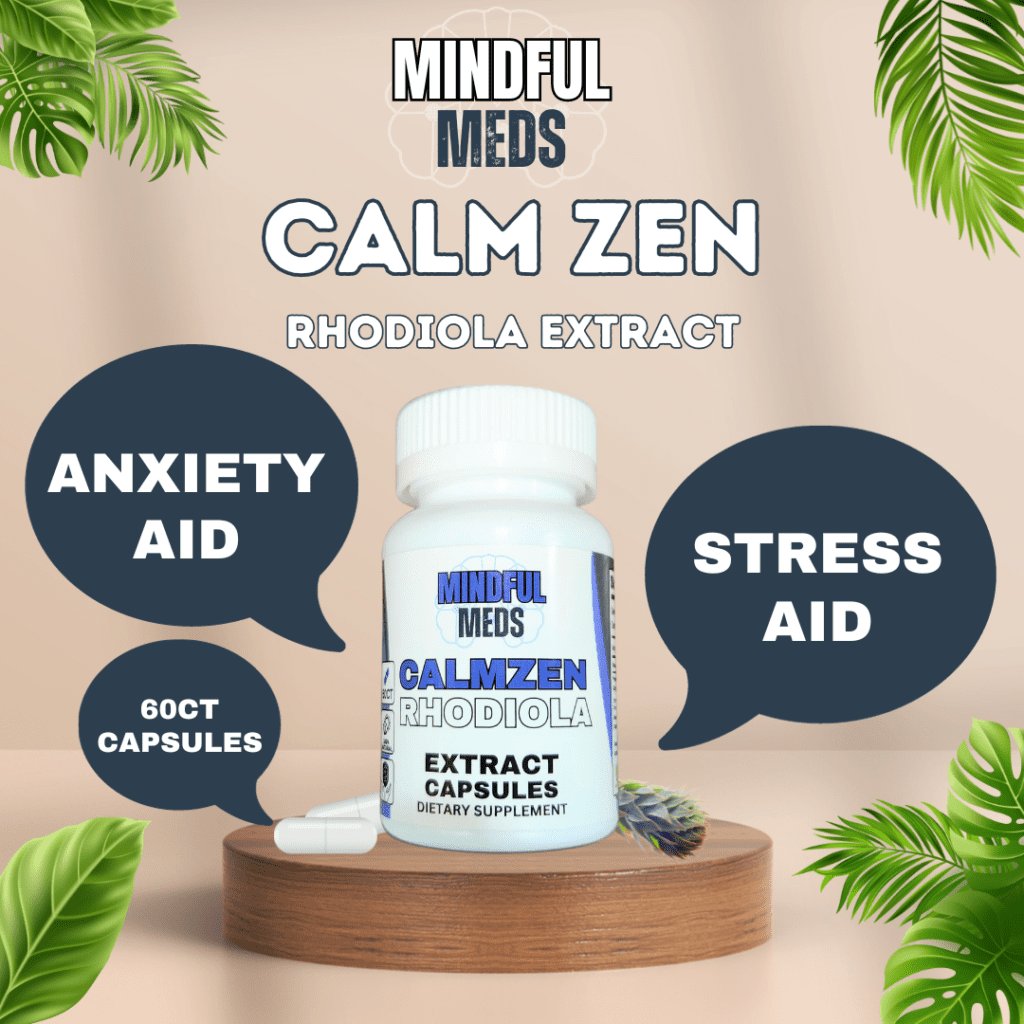
7. Conclusion: Navigating Dietary Choices in Stressful Times
In conclusion, the intricate relationship between stress, high-fat diets, and endothelial function unveils the importance of making mindful dietary choices, especially during stressful periods. Understanding the prolonged effects on vascular health and the potential mechanisms involved empowers individuals to navigate stress-induced cravings with informed decisions.
FAQs
How long does the decline in vascular function last after stress and high-fat meals?
Can specific foods help improve endothelial dysfunction?
How do omega-3 fatty acids contribute to vascular protection?
What role does cortisol play in stress-driven cravings for fatty foods?
How can probiotics enhance vascular health?
Related Articles:
- St Johns Wort Benefits And Risks Explained
- Disease And Illness Redefined With Genetics
- Left Sided Chest Pain: Guided Heart Health
- The Bliss Point Of The Brain: Food & Diet
#bingeeating #fastfood #diet #pooreating #eatinghabits #stress #anxiety #stresseating #effectsofstresseating #studiesonstresseating #howfoodeffectsstress #healthandwellness #herbalsupplements #alternativehealing #naturalremedies #thedailydosepodcast
Meet The Author


